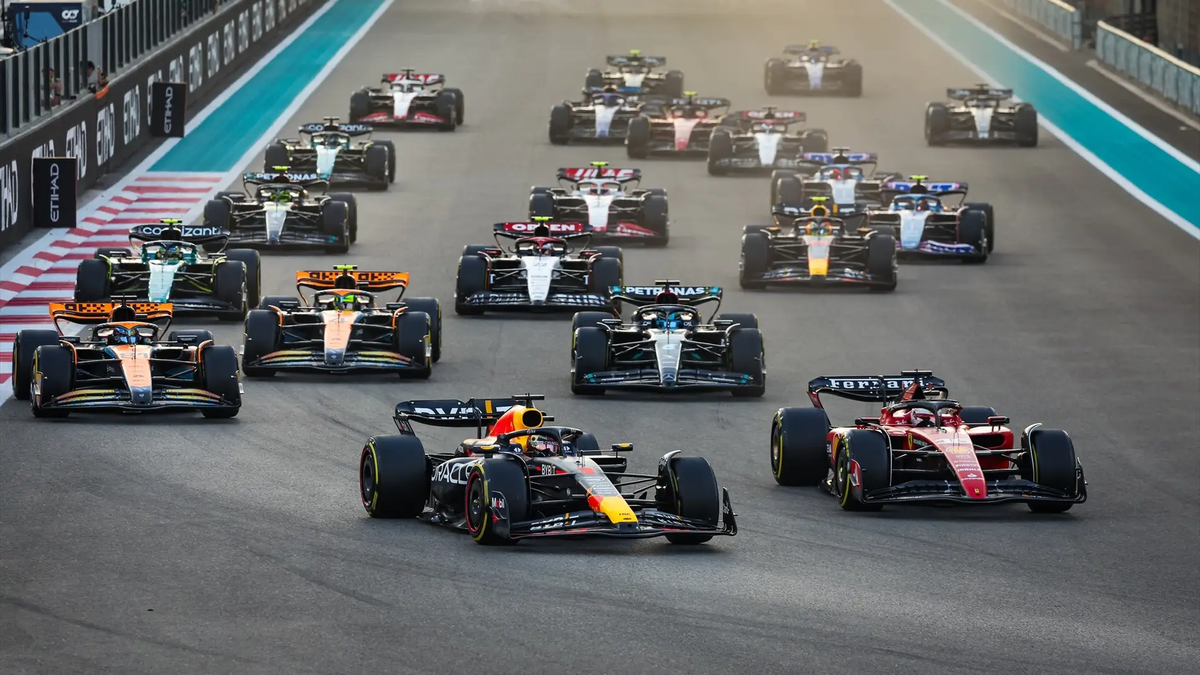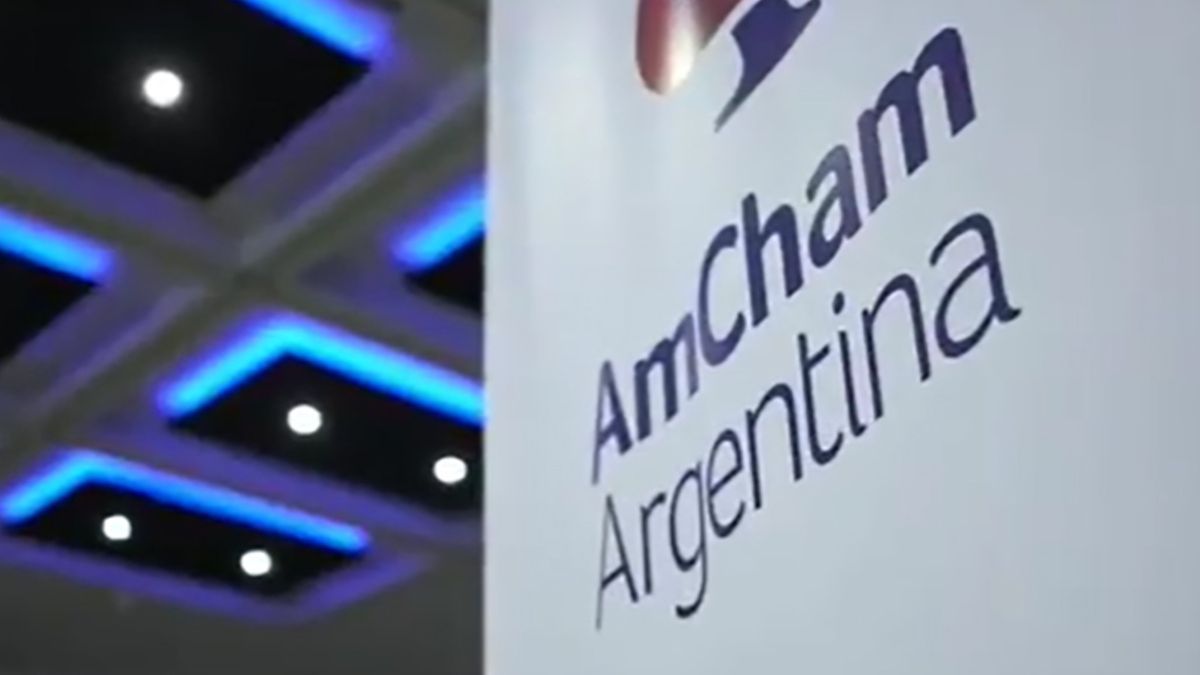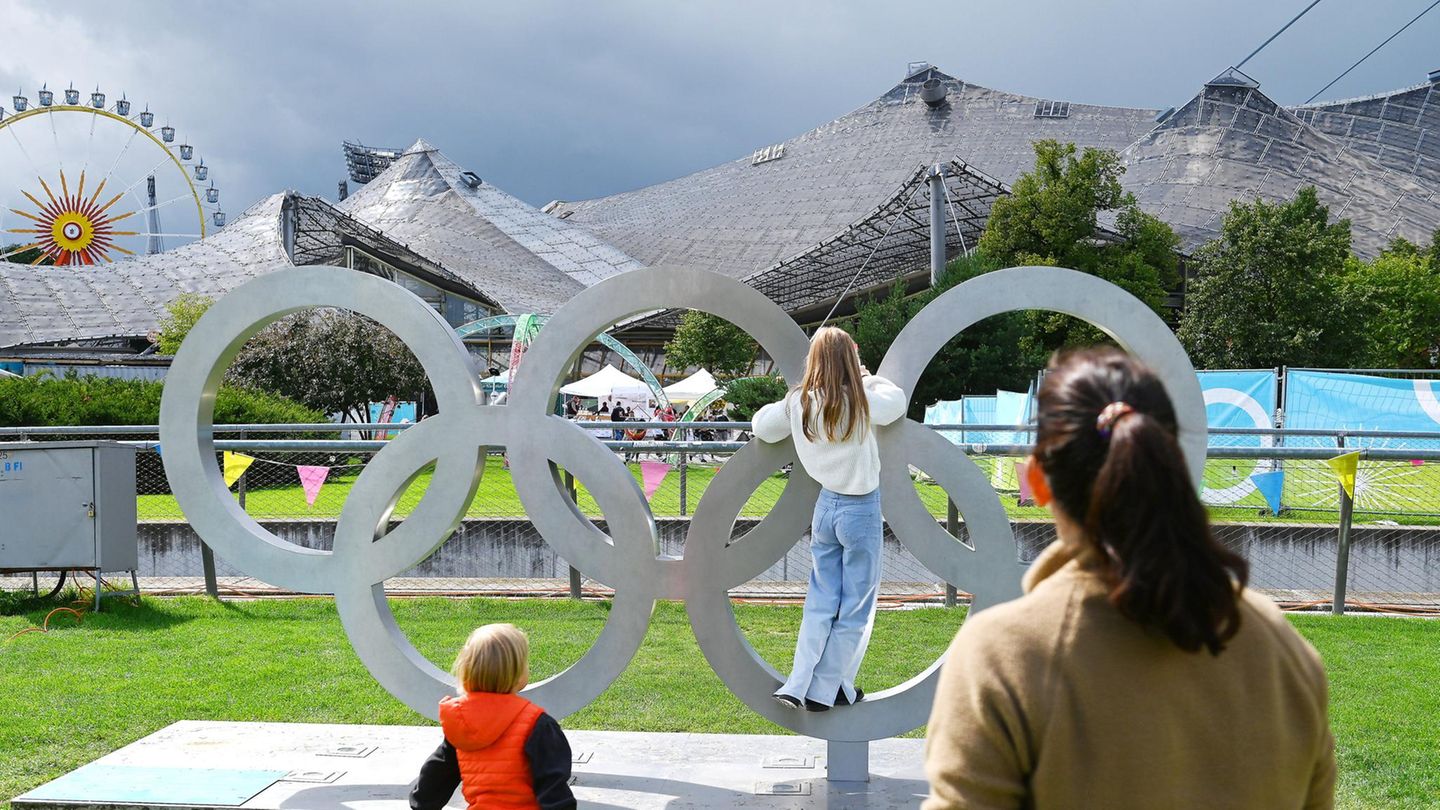Consumers and companies are hoping for further relief in the energy crisis. But there is stress between the federal and state governments about their financing. What are the topics?
After an unsuccessful meeting, the federal and state governments are under pressure to deliver results this Wednesday on financing the planned relief measures worth billions.
“People finally want to know what relief there will be in the coming winter months,” said Schleswig-Holstein’s Prime Minister Daniel Günther (CDU) before the new appointment with Chancellor Olaf Scholz (SPD) of “Welt”. “Another delay, another postponement of decisions would be absolutely unacceptable.” Mecklenburg-Western Pomerania demanded reliability and planning security for consumers.
At the previous meeting, the heads of government of the federal and state governments parted ways in early October without an agreement. It was not only about the planned gas price brake, but also about the successor to the 9-euro ticket, the acceptance of refugees, housing benefits and the financing of hospitals. The federal states criticized the federal government because it had decided on relief without talking to them – even though they were supposed to contribute billions from the state budgets. They demand commitments for refugee financing and money for local transport in order to have enough room in the budget for their share of the relief package.
What has happened since then
The federal government has presented ideas on how gas and electricity prices should be pushed down. The Bundestag has already approved debts of 200 billion euros. The countries had previously criticized that nobody knew exactly what the money should be used for. In addition, the federal government presented forecasts on economic development and tax revenue. Result: The economy is heading into a recession, but things are set to pick up again in 2024. The tax revenue is probably higher than expected, but according to Finance Minister Christian Lindner (FDP), it is already largely planned. According to estimates, the countries will take in a billion less next year than was thought in the spring.
Gas price brake plans
Citizens and companies are to be relieved of the high energy costs in two steps: On the one hand, the state takes over the December discount with a one-off payment. As was announced on Tuesday, a price brake is also to apply to private customers from March, if possible retrospectively to February. For 80 percent of the previous year’s consumption, the price should then be reduced to 12 cents per kilowatt hour. If you use more, you have to pay more. Households with higher incomes should tax the state aid as a benefit in kind. The March date is much too late for the federal states. They are demanding cheap gas for private households as of January 1 – as has previously only been the case for large industrial customers.
Other savings in heating costs
At a conference of prime ministers in Hanover almost two weeks ago, some also called for relief for consumers who heat with oil or wood pellets. “That’s important in a country like Mecklenburg-Western Pomerania,” said Mecklenburg-Western Pomerania’s head of state chancellery, Patrick Dahlemann (SPD). Although Günther considers a government cost brake difficult because of the large number of suppliers, he proposed a reduced VAT on these fuels.
Successor solution for 9-euro ticket
There has been agreement for months that there should be a nationwide follow-up model after the end of the popular 9-euro ticket. The federal and state transport ministers have basically already agreed on a price of 49 euros. A start on January 1st is planned. Problem: the money. Numerous federal states require more subsidies from the federal government for local transport as a condition.
As can be seen from a resolution proposed by the Chancellery for the Prime Ministers’ Conference, the federal government now wants to make a new offer to the states. For 2022 he wants to pay additional so-called regionalization funds of one billion euros, from 2023 onwards they are to be increased by three percent annually. It is questionable whether this is enough for the countries. They had demanded 1.5 billion euros more for this year – and an additional 1.65 billion for this and the coming year to compensate for the high energy prices.
Refugee accommodation costs
Hundreds of thousands of people fled the war from Ukraine to Germany. In addition, more refugees are coming via the Balkan route. The states are demanding that the federal government support them more. As can be seen from a proposed resolution, the federal government is now offering states and municipalities a total of 4.25 billion euros this year and next for the care of refugees.
Housing benefit financing
It is still disputed how the significant expansion of housing allowances planned by the federal government is to be financed. In January, the state rent subsidy is to increase by an average of 190 euros per month – it is also to be paid to 1.4 million more citizens. So far, half of the housing allowance has been financed by the federal and state governments, but the states no longer want to participate.
Controversy over citizenship
Citizens’ income as a successor to Hartz IV was actually planned long before the relief packages – but the traffic light coalition sometimes mentions it in the same breath. It could therefore come up at the Prime Ministers’ Conference because the Union-led countries are threatening to block the introduction in the Bundesrat. The dispute could prevent an understanding on other points.
Source: Stern
David William is a talented author who has made a name for himself in the world of writing. He is a professional author who writes on a wide range of topics, from general interest to opinion news. David is currently working as a writer at 24 hours worlds where he brings his unique perspective and in-depth research to his articles, making them both informative and engaging.




